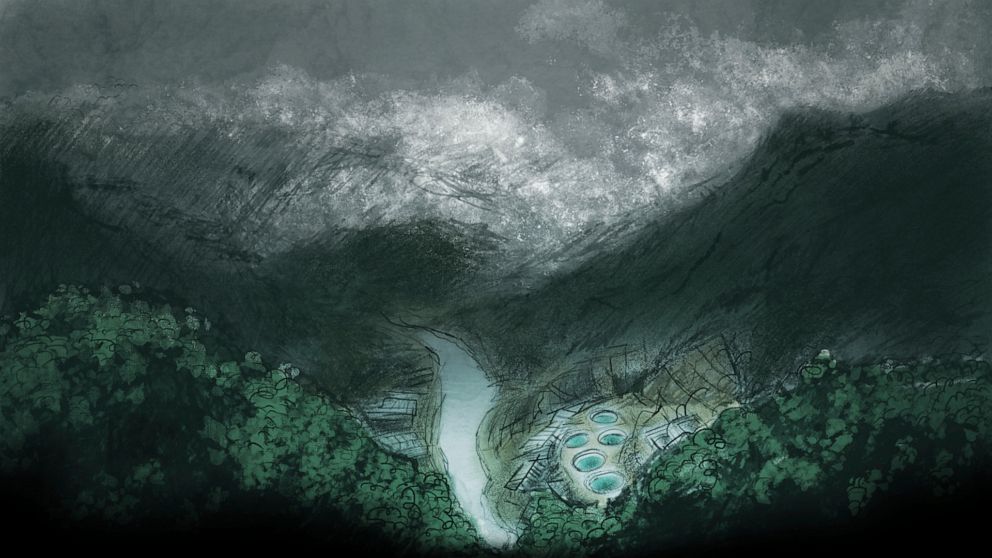The birds no longer sing, and the herbs no longer grow. The fish no longer swim in rivers that have turned a murky brown. The animals do not roam, and the cows are sometimes found dead.
The people in this northern Myanmar forest have lost a way of life that goes back generations. But if they complain, they, too, face the threat of death.
This forest is the source of several key metallic elements known as rare earths, often called the vitamins of the modern world. Rare earths now reach into the lives of almost everyone on the planet, turning up in everything from hard drives and cellphones to elevators and trains. They are especially vital to the fast-growing field of green energy, feeding wind turbines and electric car engines. And they end up in the supply chains of some of the most prominent companies in the world, including General Motors, Volkswagen, Mercedes, Tesla and Apple.
But an AP investigation has found that their universal use hides a dirty open secret in the industry: Their cost is environmental destruction, the theft of land from villagers and the funneling of money to brutal militias, including at least one linked to Myanmar’s secretive military government. As demand soars for rare earths along with green energy, the abuses are likely to grow.
“This rapid push to build out mining capacity is being justified in the name of climate change,” said Julie Michelle Klinger, author of the book “Rare Earths Frontiers,” who is leading a federal project to trace illicit energy minerals. “There’s still this push to find the right place to mine them, which is a place that is out of sight and out of mind.”
The AP investigation drew on dozens of interviews, customs data, corporate records and Chinese academic papers, along with satellite imagery and geological analysis gathered by the environmental non-profit Global Witness, to tie rare earths from Myanmar to the supply chains of 78 companies.
About a third of the companies responded. Of those, about two-thirds didn’t or wouldn’t comment on their sourcing, including Volkswagen, which said it was conducting due diligence for rare earths. Nearly all said they took environmental protection and human rights seriously.
Some companies said they audited their rare earth supply chains; others didn’t or required only supplier self-assessments. GM said it understood “the risks of heavy rare earths metals” and would source from an American supplier soon.
Tesla did not respond to repeated requests…
Click Here to Read the Full Original Article at ABC News: Business…

